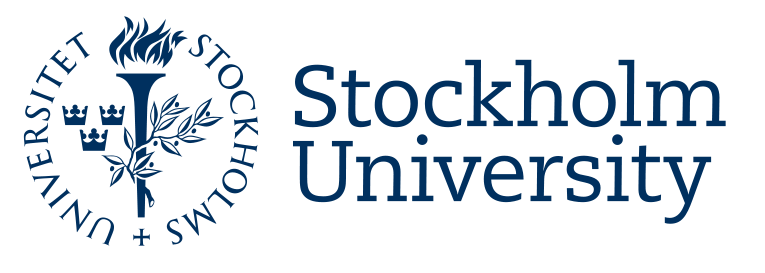Members and associates
During the course of the project, the six full members were joined from time to time by one or more of the eight associate members
Meike Wagner | project leader | email | website
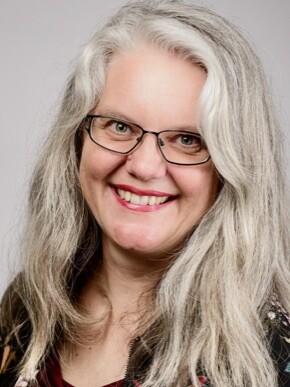
Professor of Theatre Studies at the University of Stockholm 2014–2022, Meike Wagner is now Professor and Chair of Theatre Studies at Ludwig Maximilian University in Munich. She is Secretary General of the International Federation for Theatre Research and a member of its Theatre Historiography working group. Her research interests include theatre history with a focus on the eighteenth and nineteenth centuries, contemporary theatre and performance, especially puppet theatre and object performance, theatre and media, and curatorial dramaturgy. She holds an advanced grant from the European Research Council for her research project ‘Performing Citizenship: Social and Political Agency in Non-Professional Theatre Practice in Germany, France, Britain, Sweden and Switzerland (1780–1850)’ (2021–2026). She is the author of Nähte am Puppenkörper: Der mediale Blick und die Körperentwürfe des Theaters (Bielefeld: Transcript, 2003) and Theater und Öffentlichkeit im Vormärz: Berlin, München und Wien als Schauplätze bürgerlicher Medienpraxis (Berlin: Akademie, 2013).
Petra Dotlačilová | email | website
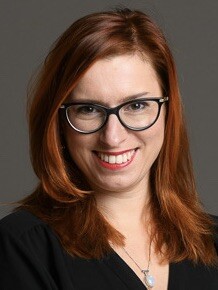
Petra Dotlačilová gained a PhD in Dance Studies in 2016 from the Prague Academy of Performing Arts with a thesis on the works of Gasparo Angiolini and Jean-Georges Noverre. She also earned a PhD in Theatre Studies from Stockholm University with the thesis Costume in the Time of Reforms: Louis-René Boquet Designing Eighteenth-Century Ballet and Opera (2020). Her research focus is European dance history and theatrical costume from the sixteenth to the nineteenth centuries. She was a researcher on the ‘Performing Premodernity’ project at Stockholm University and on the ‘Ritual Design on the Ballet Stage (1650–1760)’ project at the University of Leipzig. She is co-editor with Hanna Walsdorf of Dance Body Costume (Leipziger Universitätsverlag, 2019). She is currently working as a postdoc on the research project ‘The Fabrication of Performance: Processes and Politics of Costume-Making in the 18th Century’, funded by the Swedish Research Council (2021–2024) and conducted in collaboration with the Centre de musique baroque de Versailles.
Photo: Michal Hančovský
Maria Gullstam | email | website
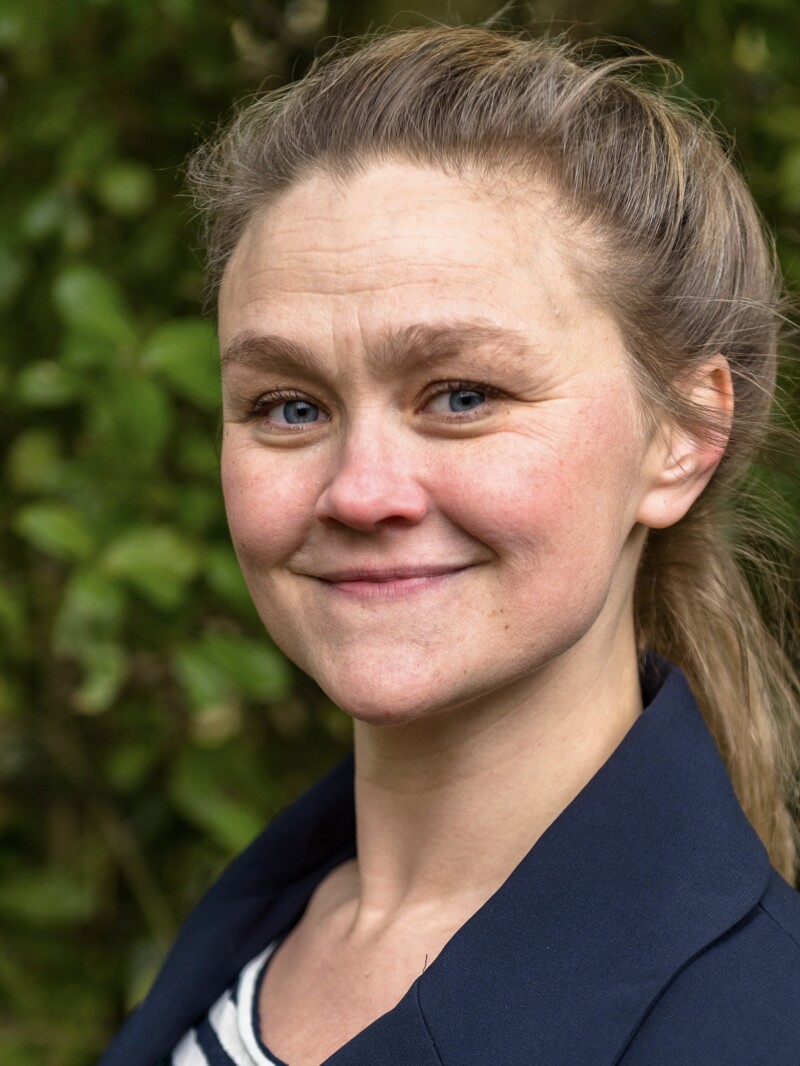
Maria Gullstam is a postdoctoral researcher within the research group ‘Performing Citizenship: Social and Political Agency in Non-Professional Theatre Practice in Germany, France, Britain, Sweden and Switzerland (1780–1850)’, funded by the European Research Council, and based at the Ludwig Maximilian University in Munich. Her current research focus is on French women of the late eighteenth and early nineteenth centuries who used amateur theatre to explore and express their thoughts on subjectivity, citizenship, and political rights. She successfully defended her PhD thesis in Theatre Studies, Rousseau’s Idea of Theatre: From Criticism to Practice, at Stockholm University in 2020. Her thesis shows that Rousseau’s stage works and writings on aesthetics can be read as a response to the problems he saw in contemporary theatre. She is co-editor with Michael O’Dea of Rousseau on Stage: Playwright, Musician, Spectator (Oxford: Voltaire Foundation, 2017).
Photo: Thierry Seguin
Willmar Sauter | co-initiator, deputy project leader | email | website
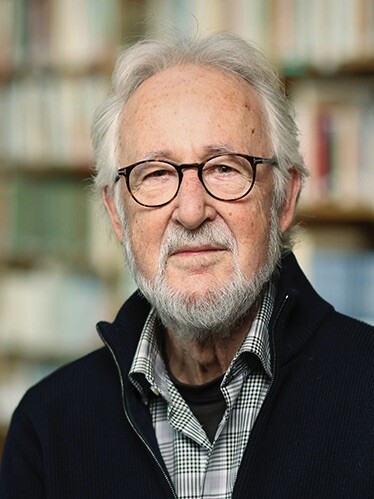
Willmar Sauter, Professor Emeritus in Theatre Studies at Stockholm University, has written on theatre history in Sweden and outside Sweden, from rock carvings to digital performances. His longstanding interest in audience and reception research has resulted in empirical and theoretical studies of contemporary as well as historical audiences. His theories of theatre are presented in The Theatrical Event: Dynamics of Performance and Perception (University of Iowa Press, 2000) and summarised in Eventness: A Concept of the Theatrical Event (Stockholm: STUTS, 2008). He is co-author with David Wiles of The Theatre of Drottningholm Then and Now – Performance Between the 18th and 21st Centuries (Stockholm: Acta Universitatis Stockholmiensis, 2014). The focus of his most recent book, Aesthetics of Presence: Philosophical and Practical Reconsiderations (Newcastle-upon-Tyne: Cambridge Scholars Publishing, 2021), is performance aesthetics seen as a reception strategy, with historical roots in the eighteenth century. His present project concerns Yiddish theatre, both in Sweden and in the world. Willmar Sauter has been the President of the International Federation for Theatre Research and has served Stockholm University as both Dean of the Humanities and Chair of the Research School of Aesthetics.
Photo: Sören Andersson
Mark Tatlow | co-initiator | email | website
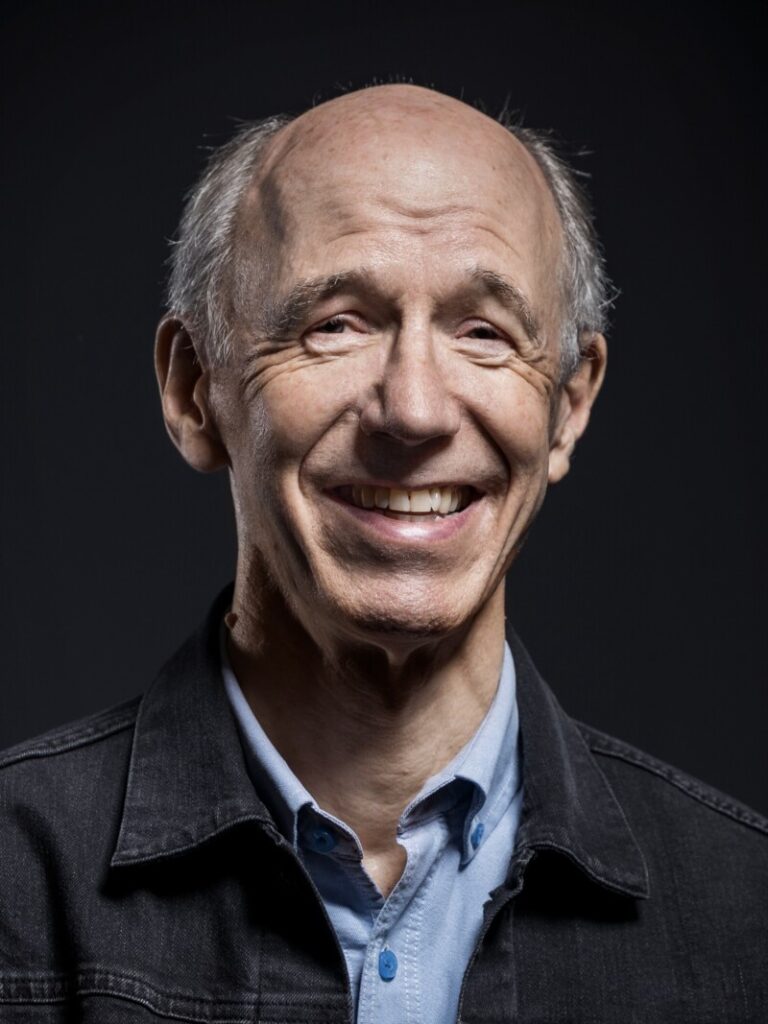
Mark Tatlow is a conductor, harpsichordist, and pianist. While Artistic Director of the Drottningholm Palace Theatre from 2007 to 2013 he cofounded the ‘Performing Premodernity’ research project together with Willmar Sauter. At Drottningholm he conducted Sweden’s first Monteverdi opera cycle, as well as works by Cavalli, Handel, Martín y Soler, Haydn, and Mozart. 2002–2012 he served as Professor of Musical Studies at the University College of Opera, Stockholm. He is currently undertaking doctoral research at the University of Gothenburg with the project ‘Assaggio: Experimenting with the Performance of Early Modern Vocal Music at a Time of Crisis’. In 2019 he was commissioned by the Buxton Festival to compile and conduct Georgiana, a new eighteenth-century opera pasticcio, which received the UK Theatre Award for Achievement in Opera. In 2022 he was awarded the Gustavian Scholarship from the Swedish Academy. Beyond his interest in historical theatres, Mark has been artistically responsible for several new concert halls, including the Wathen Hall at St Paul’s School in London and the Queen Silvia Concert Hall at Lilla Akademien in Stockholm.
Photo: Nadja Sjöström
Magnus Tessing Schneider | email | website
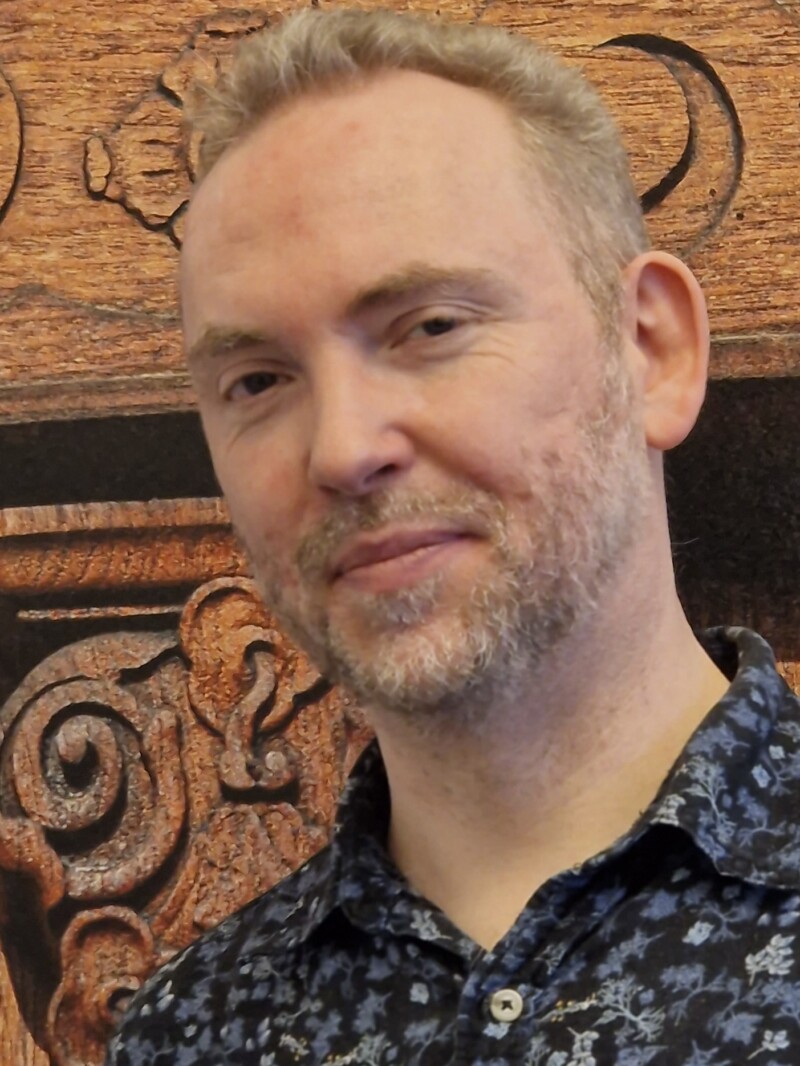
Magnus Tessing Schneider is a Docent in Theatre Studies from Stockholm University and is currently a postdoctoral researcher at the University of Southern Denmark within the research project ‘Histories: Assessing the Role of Aesthetics in the Historical Paradigm’. His research interests include seventeenth- and eighteenth-century European theatre, Shakespearean dramaturgy and performance practice, the intertwined histories of singing and acting, the opera composers Monteverdi, Cavalli, Gluck, Mozart, and Verdi, and the librettists Giovan Francesco Busenello, Ranieri Calzabigi, and Lorenzo Da Ponte. He was a cofounder of the Nordic Network for Early Opera, and his practice-oriented research has inspired opera productions across the world. He is the author of The Original Portrayal of Mozart’s Don Giovanni (London: Routledge, 2021). He is co-editor with Ruth Tatlow of Mozart’s La clemenza di Tito: A Reappraisal (Stockholm University Press, 2018), and the editor of Felicity Baker’s essay collection Don Giovanni’s Reasons: Thoughts on a Masterpiece (Berlin: Peter Lang, 2021).
Photo: Anastasia Ladefoged Larn
Jette Barnholdt Hansen | associate
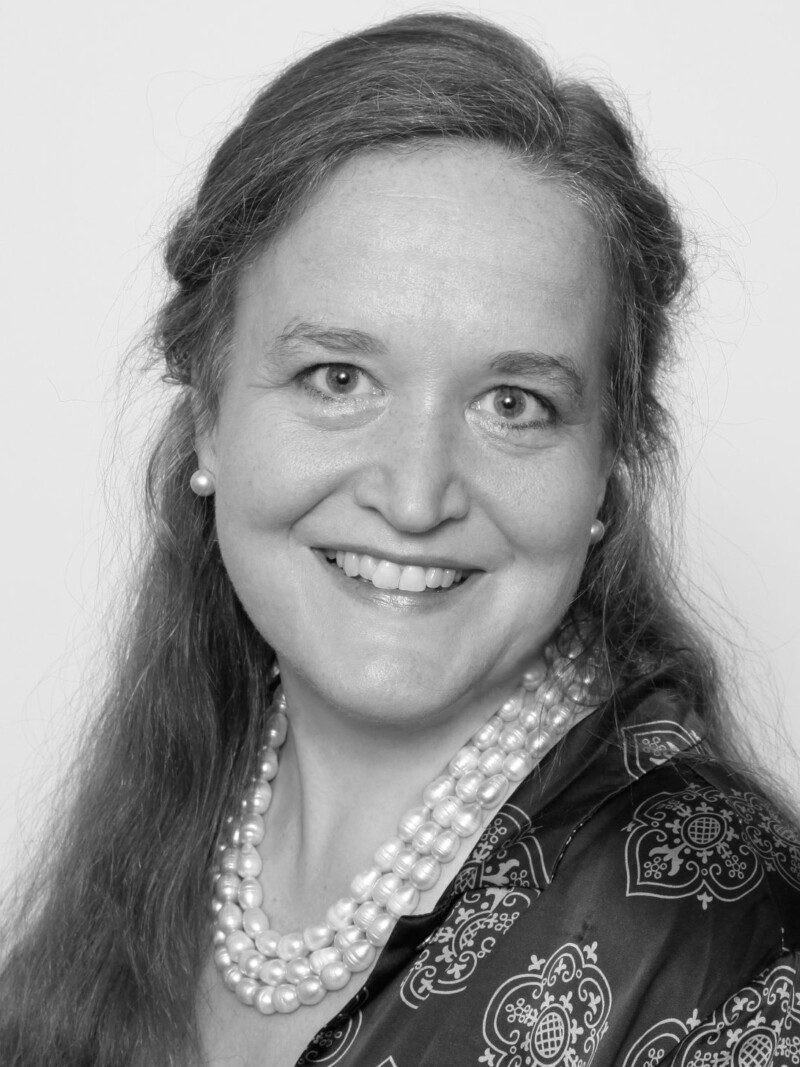
Jette Barnholdt Hansen (1966–2017) was Associate Professor in Rhetoric at the University of Copenhagen. As a scholar of seventeenth- and eighteenth-century Italian opera, including Monteverdi, Handel, and Mozart, as well as of the twentieth-century Danish revue tradition, she researched the relationships between rhetoric, ethics, and aesthetics, between social context and musical-dramatic form, between speech and song, between oral performance and vocal writing. Trained as a musicologist, as a rhetorician, and as a singer, she taught oral performance and public speaking to students of rhetoric as well as to actors, pastors, and politicians. She was the author of Den klingende tale: Studier i de første hofoperaer på baggrund af senrenæssancens retorik (Copenhagen: Museum Tusculanum, 2010). She was co-editor with Hanne Smith Pedersen of Stemmen og tilhørerne: Taleundervisning i retorisk perspektiv (Ödäkra: Retorikförlaget, 2016), and co-author with Jens E. Kjeldsen, Amos Kiewe, and Marie Lund of Speechwriting in Theory and Practice (Cham: Palgrave Macmillan, 2019).
Deda Cristina Colonna | associate | email | website
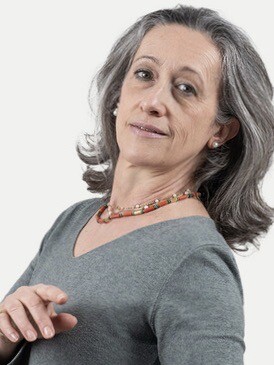
Deda Cristina Colonna graduated in ballet in Novara, Italy and at the École Supérieure d’Etudes Chorégraphiques in Paris. She holds a Maîtrise in Dance from the Sorbonne and diplomas in Laban notation from the Acting School of the Teatro Stabile in Genoa. She has danced and acted internationally, and staged and choreographed numerous Baroque and contemporary operas. Deda Cristina Colonna has taught Baroque dance for over thirty years, teaches Gesture and Historical Acting Techniques at the Schola Cantorum Basiliensis, and Stage Direction for Musical Theatre at the Academy of Teatro Coccia. She is director of the Dance School of Accademia Marziali in Seveso. In 2022 she won the Jan Kiepura award as best director for the staging and choreography of Castor et Pollux by Rameau at Warszawska Opera Kameralna. Deda Cristina Colonna is a member of the Accademia degli Intermedi, an Italian research group on early dance, and of the research group ‘WoVen: Women, Opera and the Public Stage in Eighteenth-Century Venice’ (Norwegian University of Science and Technology, Trondheim).
Photo: Susanna Drescher
Anna Kjellsdotter | associate | email | website
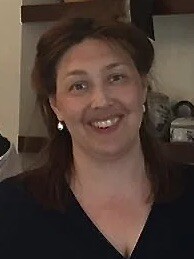
Anna Kjellsdotter is a tailor and dressmaker specialising in Historical Costume, with a bachelor’s degree in textile science. Anna has worked at theatres in Sweden such as the Royal Opera, Dramaten, the Gothenburg Opera House, and the International Vadstena Academy, and as costume director for the Hong Kong Ballet. She is now responsible for the costume studio and for exhibitions at the Drottningholm Palace Theatre, where she has designed Purcell’s The Fairy Queen. She has also worked at Confidencen (Ulriksdals Palace Theatre) on productions such as Rousseau’s Le devin de village (in collaboration with Performing Premodernity in 2019), Joseph Martin Kraus’ Proserpin (2022), and Rameau’s Dardanus (2023); at the National Theatre in Oslo on SanctHansNatten (2022), Lars Johan Werle’s Tintomara (2022) and Verdi’s Macbeth (2023).
Laila Cathleen Neuman | associate | email | website
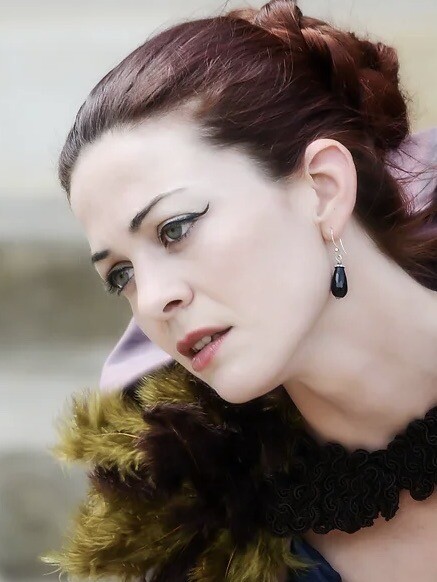
Laila Cathleen Neuman is a singer and a PhD candidate at the Academy of Creative and Performing Arts, Leiden University. After having completed her singing studies with honours in Milan and Salzburg, she specialised in historical acting techniques, performing in historically informed productions since 2010. Her research focuses on the theatrical legacy of the Dutch actor Johannes Jelgerhuis (1770–1836) as a source of stagecraft for performers. She has presented her work at conferences including the International Federation for Theatre Research (IFTR) in Stockholm, ‘The London Stage’, at New College, Oxford and ‘Tanz als Musik– Zwischen Klang und Bewegung’ at the Schola Cantorum Basiliensis. Recent developments include the staging and performance of Goethe/Eberwein’s monodrama Proserpina, based on her research into historical acting techniques. She teaches historical gesture and declamation at the Conservatory of Amsterdam and the Royal Conservatory in The Hague.
Photo: Marek Olbrzymek
João Luís Veloso Paixão | associate | email
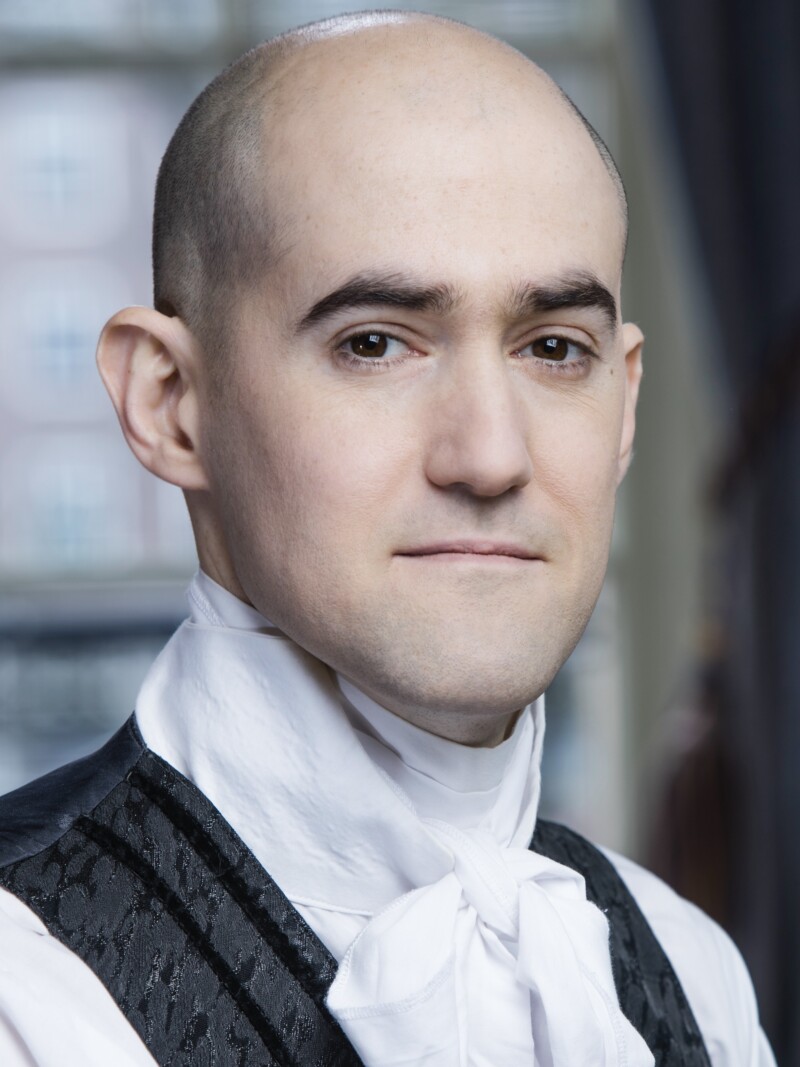
João Luís Veloso Paixão is a baritone and researcher specialised in Early Music singing and historical acting. Since 2014, he has acted, coached, and staged in several opera and melodrama productions in the Netherlands and abroad, including historically-informed productions of Jean-Jacques Rousseau’s melodrama Pygmalion, which premiered at the castle theatre in Český Krumlov in 2016, and Le Devin du Village, at Ulriksdals Slottsteater, Confidencen in 2019; Jiří Antonín Benda’s melodramas Ariadne auf Naxos, at the Koninklijke Schouwburg in The Hague in 2016, and Pygmalion, at the Theatre Festival OverActing in 2022. He is a PhD applicant at the University of Amsterdam, conducting artistic research on facial expression on the eighteenth-century stage. His published papers have also touched on the topics of eighteenth-century declamation and acting, and affective embodiment. João Luís is an active member of the Dutch Historical Acting Collective, and a guest teacher at the Conservatories in The Hague and Utrecht.
Photo: Joris Jan Bos Photography
Sigrid T’Hooft | associate | email | website
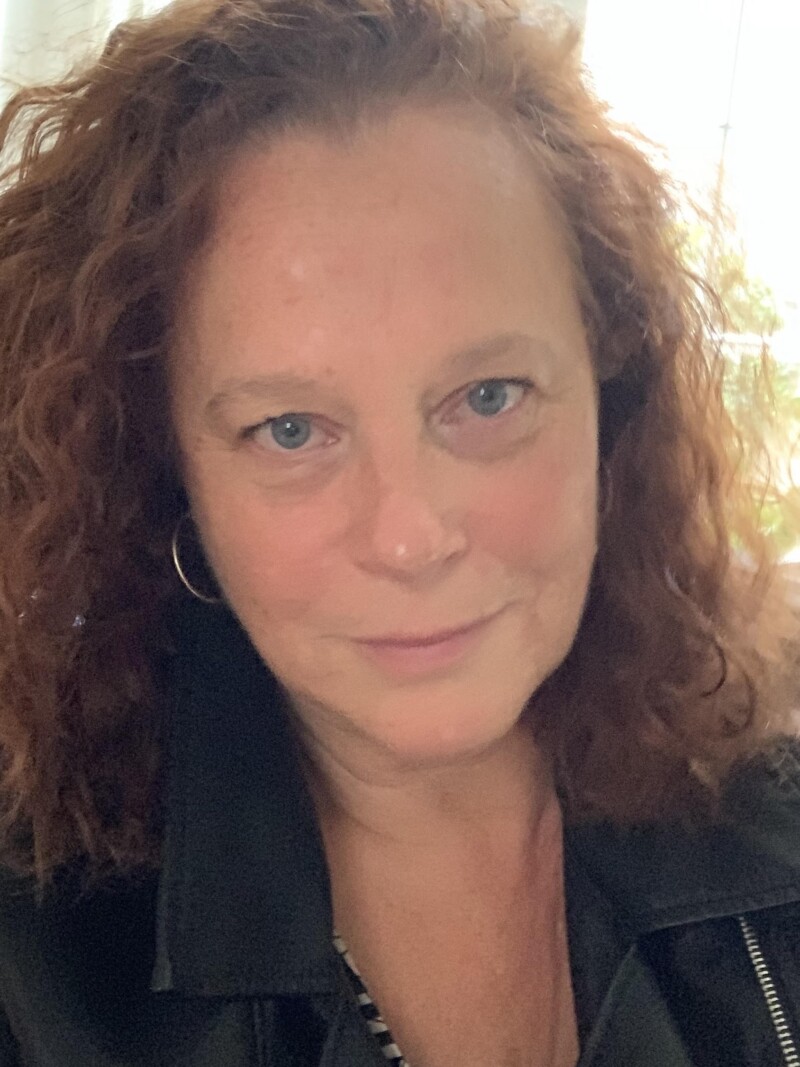
Ever since Sigrid T’Hooft directed and choreographed Händel’s Radamisto at the Baden State Theatre in Karlsruhe in 2009, she has been regarded as a reference point for the understanding of historical theatre language. She grew up in the thriving Flemish early music community of Ghent and was an avid ballet dancer and musician. After graduating in musicology, she worked as an editor of classical music programmess at the Flemish radio station Klara, whilst simultaneously making a name for herself as a dancer/choreographer and opera director, specialising in Historical Performance Practice. Ms. T’Hooft’s directing and choreography credits include appearances with the Goethe Theater, Bad Lauchstädt (Germany), the Drottningholm Palace Theatre (Sweden), the Opera Theatre Perm (Russia), Trøndelag Teater, Trondheim and Nationaltheatret, Oslo (Norway), at the Handel Festivals in Halle, Göttingen and Innsbruck, among others. Ms T’Hooft is founder and artistic director of the Corpo Barocco Dance Company in Belgium, an experienced researcher and presenter at international conferences, and has taught historical dance and period acting all over Europe. Since 2021 she has worked as a musicological researcher at the Ton Koopman Collection of the Resounding Libraries Cluster Project at the Orpheus Institute, Ghent.
Jed Wentz | associate | email | website
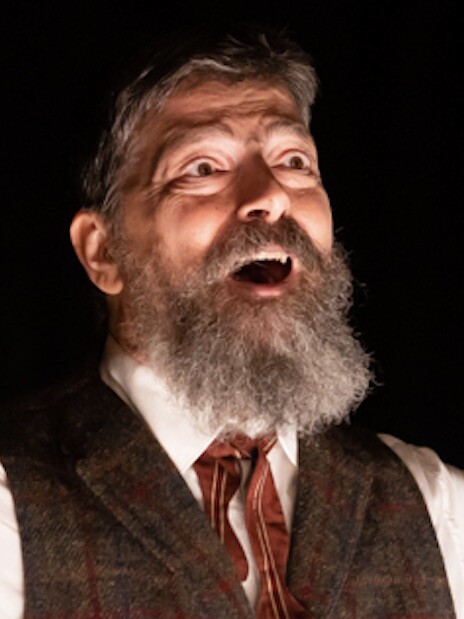
Jed Wentz has operated within the context of historically informed performance for his entire career, working as a traverso-player, conductor and teacher specialized in music of the long eighteenth century. He received his doctorate in 2010 from Leiden University, where he currently works at the Academy of Creative and Performing Arts. His area of interest at the moment is centered on declamation and acting techniques, 1680–1930 and their relationship to musical performance. He has published in, among others, Early Music, The Riemenschneider Bach Journal and The Cambridge Opera Journal; and has recorded many CDs with his ensemble Musica ad Rhenum. In 2021 he recorded, together with pianist Artem Belogurov, a CD entitled The Pied Piper of Hamelin and Other Melodramas. He is artistic advisor to the Utrecht Early Music Festival. Recent projects include performances of a one-man reading of Byron’s Manfred with musical interludes composed by Robert and Clara Schumann.
David Wiles | associate | email | website
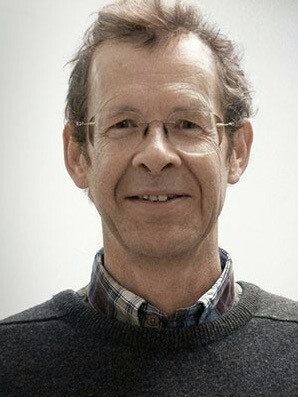
David Wiles is Emeritus Professor of Drama at the University of Exeter, having spent much of his career at Royal Holloway University of London. As a theatre historian he has published extensively in the fields of Greek and Elizabethan theatre, and also on the themes of mask, space, and time. He is the author of A Short History of Western Performance Space (2003), and with Christine Dymkowski he edited the Cambridge Companion to Theatre History (2013). He first ventured into the eighteenth century with his Theatre and Citizenship: The History of a Practice (2011). In an enjoyable collaboration with Willmar Sauter, he then co-authored The Theatre of Drottningholm – Then and Now: Performance Between the 18th and 21st Centuries (Stockholm: Acta Universitatis Stockholmiensis, 2014). All that he learnt in Drottningholm led him onto his next project, The Players’ Advice to Hamlet: The Rhetorical Acting Method from the Renaissance to the Enlightenment (2020). Unless otherwise stated, his books have been published with Cambridge University Press, to which he has just submitted the manuscript of his forthcoming book Democracy as Theatre: From the Greeks to Gandhi.

